Are you interested in learning about different cultures and their histories? Here are the ethnology museums to visit in Brandenburg:
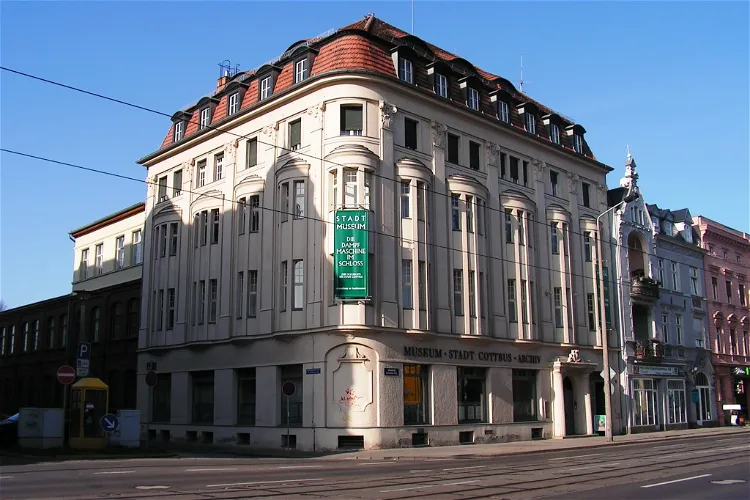
Stadtmuseum Cottbus
CottbusThe Stadtmuseum and -archiv Cottbus, also known as Měsćański muzej a archiw Chóśebuz in Lower Sorbian, is the municipal archive of the city of Cottbus in Brandenburg. It is located in Bahnhofstraße in the Mitte district. This museum and archive serves as a repository for the city's historical documents and also hosts exhibitions on the city's history.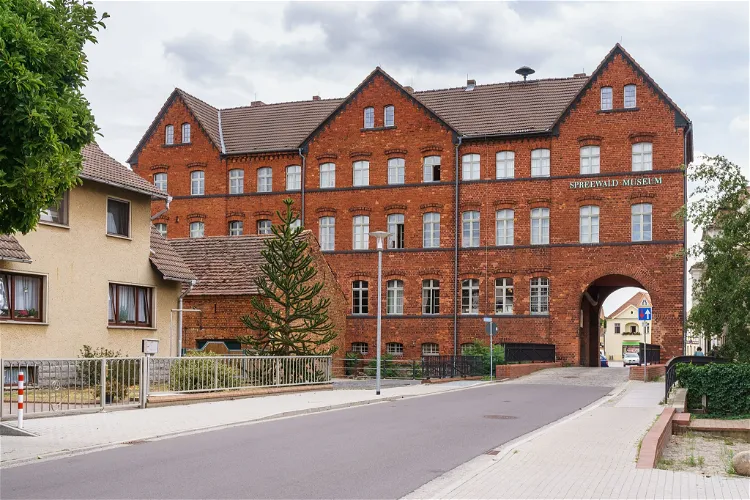
Spreewald-Museum
Lübbenau/SpreewaldThe Spreewald Museum Lübbenau is a museum located in the city of Lübbenau, which is situated in the Spreewald region. This location makes it a central point of interest for those wanting to learn about the history and culture of the Spreewald region.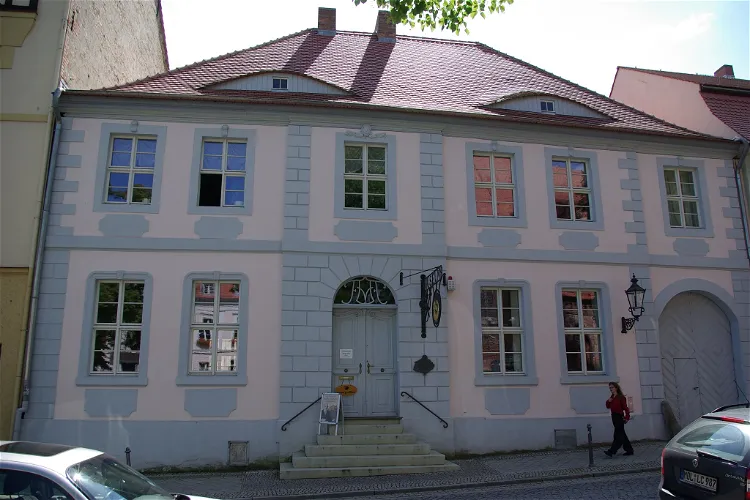
Oderlandmuseum
Bad Freienwalde (Oder)The Oderlandmuseum, located in Bad Freienwalde (Oder) in the Märkisch-Oderland district, is one of the oldest museums in Brandenburg, having been established in 1889. This historical significance adds to the cultural richness of the region and provides a deep insight into its past.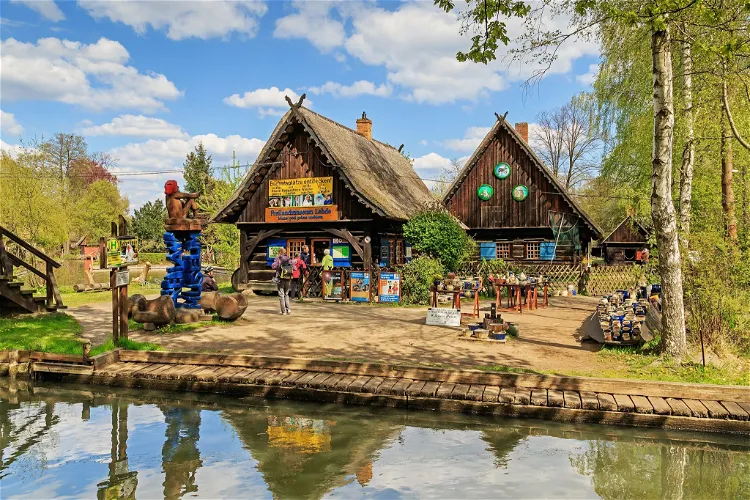
Freilandmuseum Lehde
Lübbenau/SpreewaldThe Freilandmuseum Lehde is an open-air museum located in Lehde. It is dedicated to showcasing life in the Spreewald region during the 19th century. Visitors can get a glimpse of the past and understand the lifestyle, culture, and traditions of the people who lived in this region during that time.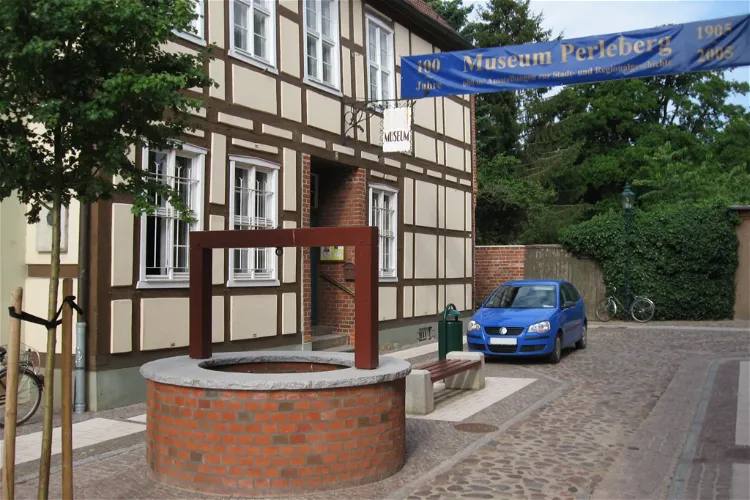
Urban and Regional Museum
PerlebergThe Urban and Regional Museum Perleberg, which was inaugurated in 1905, is a significant cultural institution in the city. The museum's collection primarily focuses on the city history of Perleberg, prehistory and early history, and rural life. This provides visitors with a comprehensive understanding of the region's past and its evolution over the centuries.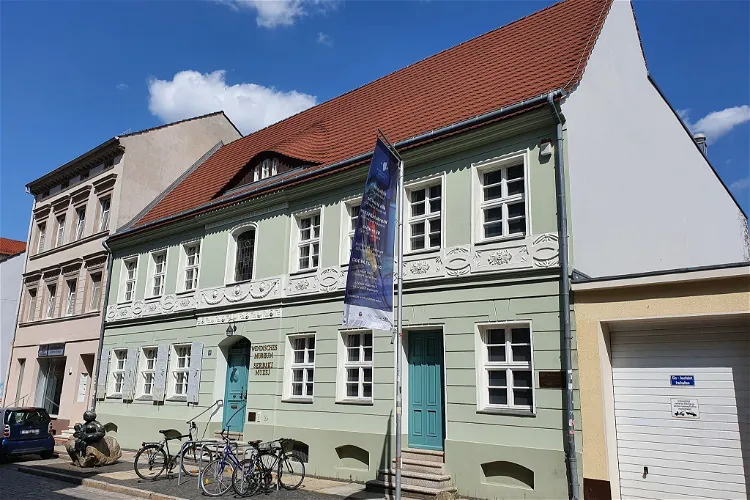
Wendish Museum
CottbusThe Wendish Museum, also known as Serbski muzej, is a significant cultural institution located in the city of Cottbus. It serves as the central museum for the culture and history of the Sorbs/Wends in Lower Lusatia. The museum provides a comprehensive insight into the rich cultural heritage and history of the Sorbs/Wends, making it a valuable destination for those interested in cultural exploration.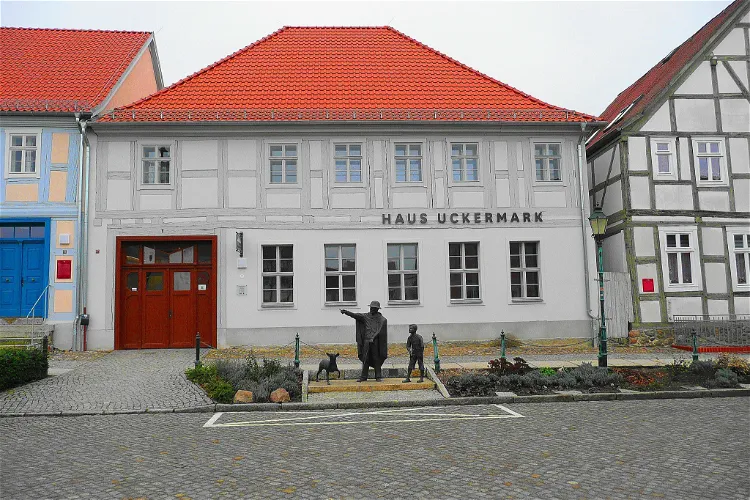
Museum Angermünde
AngermündeThe Museum Angermünde, located in the city of Angermünde, Brandenburg, Germany, serves as the Ehm Welk and local history museum. It offers a unique blend of contemporary history, archaeological finds, and literary history through creative concepts. The museum is an integral part of the city's historical core, providing visitors with a glimpse into the past and the rich cultural heritage of the region.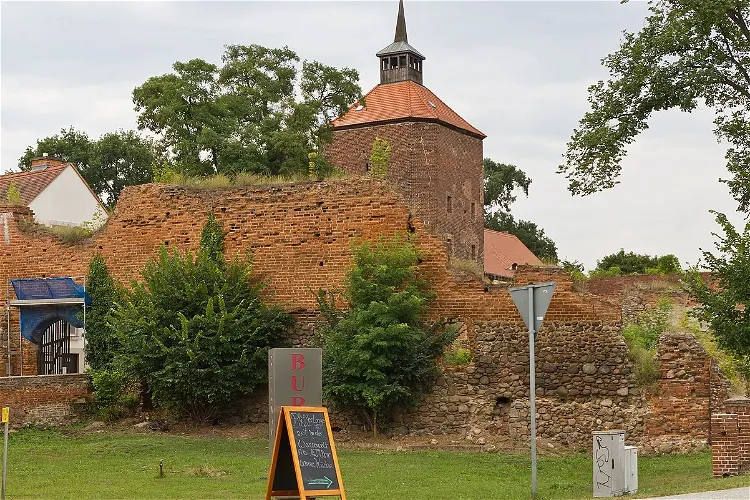
Burg Beeskow
BeeskowBurg Beeskow is not just a historical site, but also a cultural hub. It houses a regional museum that showcases historical, ethnographic, and ecological themes of the Beeskow-Storkow region. Additionally, it features a medieval magazine with a torture cellar. The castle also hosts changing exhibitions, primarily focusing on the art of the German Democratic Republic.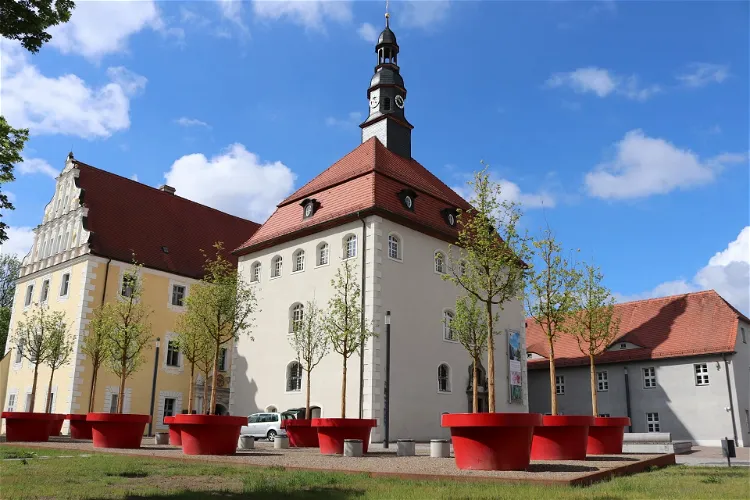
Museum Schloss Lübben
Lübben (Spreewald)The Museum Schloss Lübben is a city and regional museum that is situated in the castle of Lübben, in the Brandenburg district town of Lübben (Spreewald). The museum is under the municipal ownership of the city of Lübben, making it a significant cultural and historical site for the region.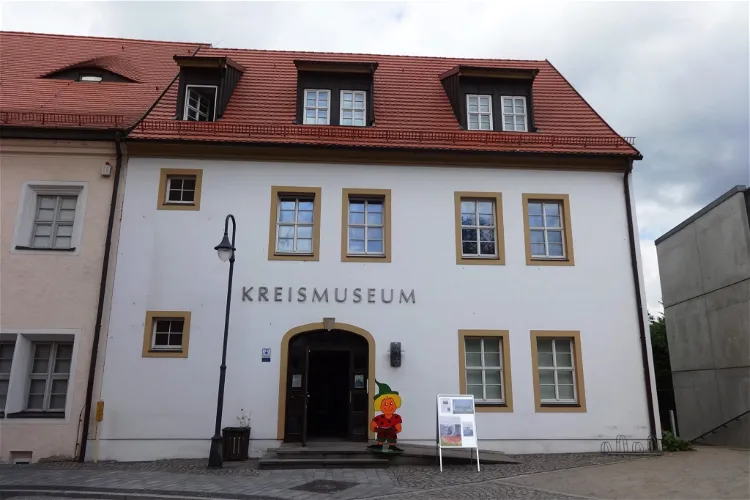
Kreismuseum Bad Liebenwerda
Bad LiebenwerdaThe Kreismuseum Bad Liebenwerda is a museum that showcases the local history of the spa town of Bad Liebenwerda, located in the Elbe-Elster district in the state of Brandenburg. The museum is a member of the Museum Association of the State of Brandenburg, indicating its significance in the region's cultural and historical landscape.- 11
Niederlausitzer Heidemuseum Spremberg
SprembergToday, Spremberg Castle serves multiple purposes. It houses the Niederlausitzer Heidemuseum, which showcases the history and culture of the region. Additionally, it is home to the Music and Art School, and the district library of Spree-Neiße, making it a cultural hub in the region.